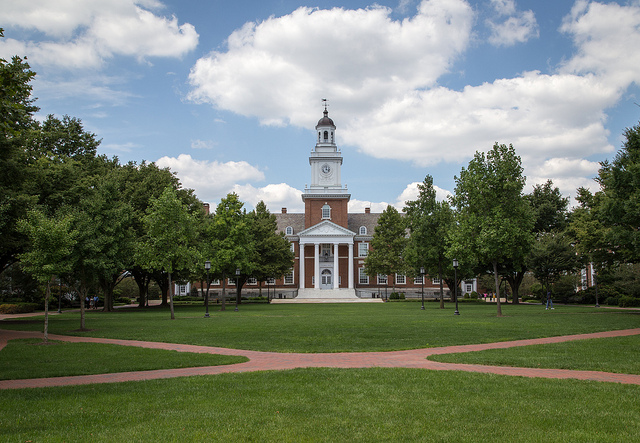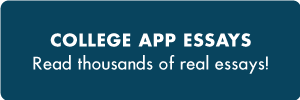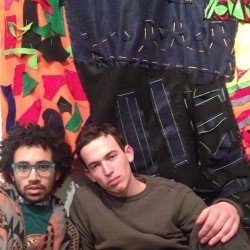
This week’s “My Favorite Classes” takes us to Johns Hopkins, where thenationfireattack, JHU ‘19, tells us about a few of her favorites. Since she has so many choices, it was tough to find her favorites. But these few stood out - read more to see which she chose!
So many classes, so little time. One of the most overwhelming parts of transitioning from high school to college is the sheer variety of options you have in terms of course load. It’s difficult to limit yourself to only four or five classes per semester when there are hundreds of options available to you, especially if you have interests across various subjects. I’ve only completed one semester at JHU, so I’ve barely begun to scrape the surface, but here are some of my favorite classes so far.
Contemporary International Politics: I knew well before I applied to any college that I wanted to be a Political Science or International Studies major, so this class was an obvious pick for me. I enjoyed learning about realism, a school of international relations theory, and using it as a lens through which I analyzed various historical and modern interstate conflicts. The reading load was somewhat heavy, but the material was interesting, educational, and applicable to the real world. We covered subjects ranging from the Peloponnesian War to nuclear proliferation and the rise of ISIS, exploring how realism could explain these events and whether those explanations were lacking. The professor was a genuinely engaging lecturer who communicated the material well. My TA was also extremely knowledgeable about international relations and facilitated great discussions during section, inviting students to critically analyze and disagree with the readings.

Introduction to Cognitive Neuropsychology: Taking this class actually made me consider dropping my Writing Seminars major and taking on Cognitive Science as my second major instead. I didn’t go through with that in the end, but it still speaks to how great of an experience it was. One of the things that made the material so interesting is that the way it examines the brain falls somewhere between the biological and psychological, not quite fitting into either category. We analyzed the processes in the brain that allow humans to perform functions like read, write, recognize objects, discern the spatial location and orientation of objects, etc. The focus of the course was on what happens when these underlying processes in the brain are impaired. How does the impairment affect a person’s ability to function in certain areas, and what we can learn from observing their altered behavior? It was fascinating to learn about how humans do the things we do and the wide variety of cognitive disorders that exist. I would recommend this course to anyone interested in what makes people tick.
Introduction to Fiction and Poetry II: This class was another easy pick for me, as I really enjoy creative writing (and it’s required for my Writing Seminars major). The course consists of discussions about assigned readings and peer workshops. The readings are well-chosen and give us plenty of material to analyze, leading to insightful class discussions that help us think about how to improve our own writing. My teachers for IFP part I and part II have both done a great job of keeping peer workshops both productive and civil, ensuring that we put effort into giving feedback to our peers. The small class size—my class right now is only twelve people—makes it easy for everyone to speak and creates a sense of community among the students. Even if you don’t have experience in creative writing, if you think you want to try it out this is a good place to start.

What are your favorite classes? Leave us a comment below and let us know!















 Back
Back